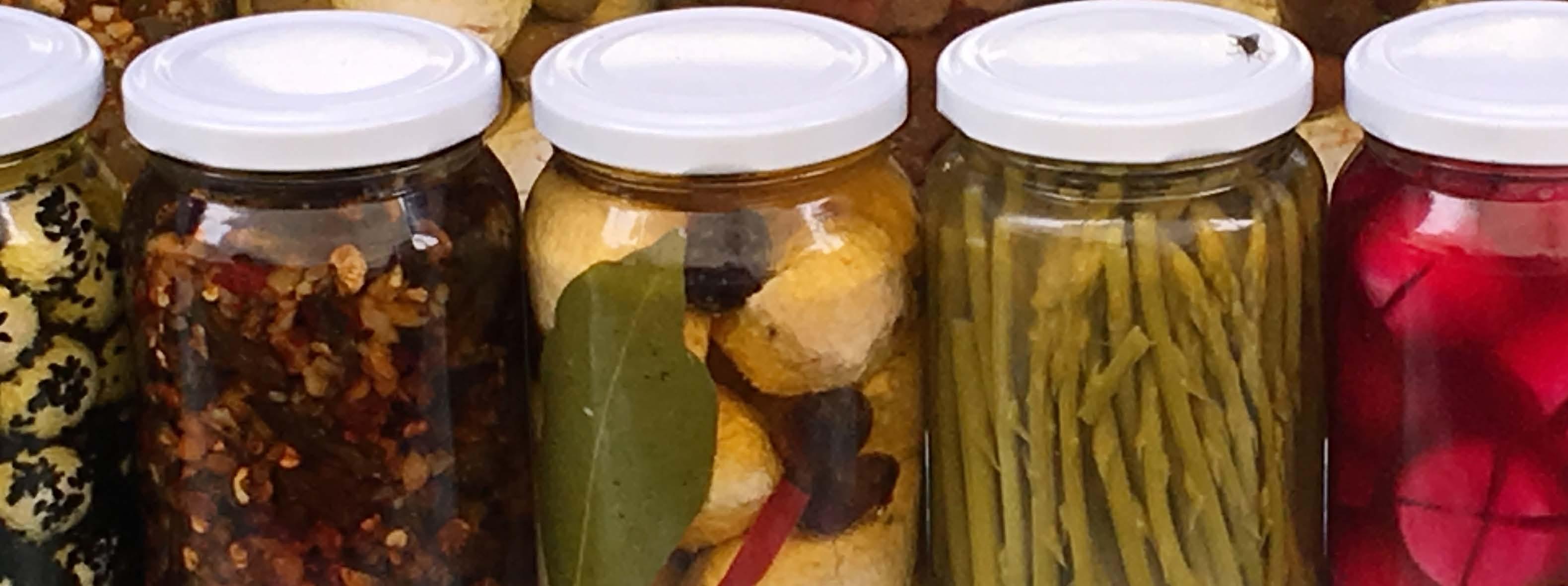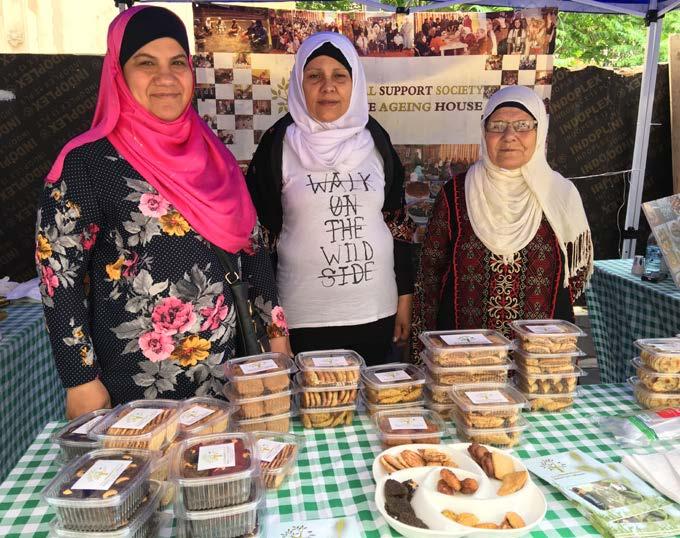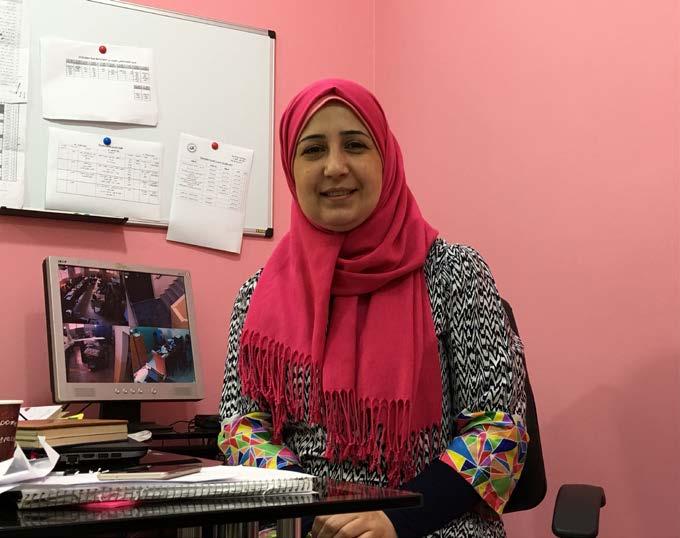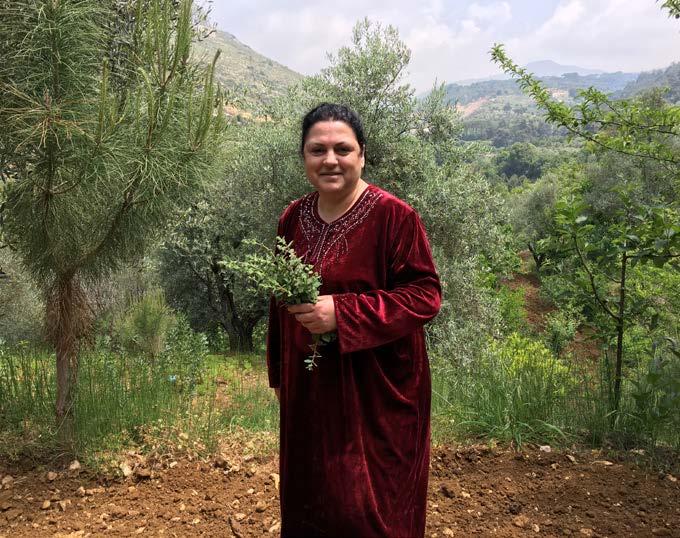
3 minute read
Make food, not war
Food story
MAKE FOOD, NOT WAR!
WORDS JANE CRAIGIE
Kamal Mouzawak is a changemaker,
a social entrepreneur and a believer in the power of food to unite people. He is from Beirut in Lebanon. I visited him there in 2017.
Lebanon’s civil war raged from 1975 to 1990 and the country, bordered by Israel to the south and Syria to the east and north, has not known real peace since. Its complex religious landscape [18 official religions, and six unofficial others] creates tension which spills into politics and society. The legacy of its troubled times is clear in its twelve refugee camps which date back to Palestinian refugees from the late 1940s, to an influx of over 2.5 million Syrian war refugees over recent years.
In the early 2000s, Kamal enacted his journey. Kamal’s vision was that social and religious divides could be bridged through the sharing of food by the people who produce, prepare and serve it, whatever their beliefs.
So, in 2004 in downtown, trendy Beirut, amongst designer shops and cool bars, he set up a farmers’ market - Souk el Tayeb [‘souk’ means market, ‘tayeb’ translates to good or tasty]. Prior to the Covid pandemic, the market frequently hosted 85 stalls, attracting up to 3,000 shoppers during the peak months from October to May. The stalls are all run by small farmers and producers from all over Lebanon. It has significantly improved their incomes and their livelihoods.
Souk el Tayeb’s social endeavour hasn’t stopped with the market. Kamal and his team also run food festivals and have established five restaurants named Tawlet, which translates to ‘table’, and a number of B&Bs in stunning old Lebanese houses.
We met an Armenian woman at the Tawlet in Beirut the day after we arrived. She had travelled in from her village to prepare the food in the restaurant for the day. The spiced and herb-laden foods were delicious and unique to her village and culture. Her food was the focus, not her religion.
The following day’s catering would have been by a woman from another village; she may have been of Christian, Suuni or Shia in another faith; her food would also have been made with love, and shared with many people of differing beliefs.
The most challenging of our visits was to Borj El Brajneh, a Palestinian refugee camp in the southern suburbs of Beirut – against the Foreign Office’s advice. We were all nervous during our drive there as we passed through a number of heavily guarded check points dotted throughout the city.
Borj El Brajneh is a ramshackle, hugely overcrowded camp built in 1948 during the Arab-Israeli war, the residents – many of whom were born there - live hand-tomouth; the women rarely work and struggle to make ends meet.
In the camp I met an incredible young woman called Mariam Shaar (middle picture below) who has set up Soufra, a food catering enterprise – with the help of Souk el Tayeb,
This team of 20 women has learnt how to prepare and make food to a professional standard. They now run a food truck and are catering with traditional Palestinian foods to organisations outside the camp, including embassies and universities. Soufra has given the women meaning and purpose in what would otherwise be a diminished and sometimes demeaning existence.
Amidst conflict, political uncertainty and social divisions, Kamal has achieved so much through food, its celebration and its sharing, and in the process of his work he is preserving culinary traditions, rural heritage and protecting the natural environment.

www.soukeltayeb.com












